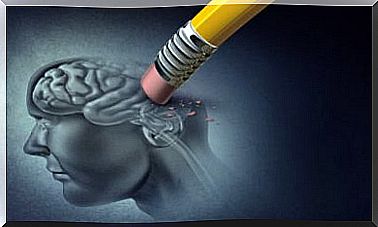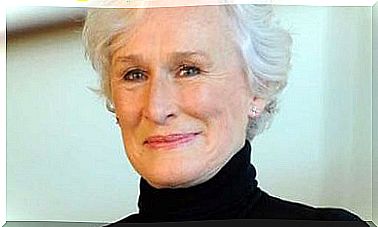Realities We Need To Accept

In the face of what we dislike, we have different ways of positioning ourselves. We can complain about our bad luck, get down to work to change it, accept it and work so that it is not that point to which our gaze is systematically directed. We can include it in our speech, we can exclude it from it. We have the option of accepting it in our thoughts or throwing away all those who refer to what we do not like. However, in one way or another, there are realities that we need to accept.
That is, facts or phenomena that exist and will continue to exist; Thus, so that they do not condition or contaminate our well-being, we will have no choice but to learn to live with them, just as we do, for example, with many of the hobbies that others have and that we do not like too much.

Imperfection
The error. We can opt for the somewhat romantic position of considering the failure a fortune. Without it we could not learn, improve ourselves, experience that fabulous feeling that we are moving forward. Yesterday we did it poorly or regularly, today better.
Uff, however, how many forgetfulness have not caused us anger? How many glasses have been smashed by our clumsiness? We did not calculate the distance well and we hit the car behind. We did not realize that the doctor’s appointment was Thursday and we have gone today. No matter how angry we get, no matter how much attention we pay, we will keep making these silly mistakes that don’t teach too much. Thus, we are one of those realities that we need to accept.
The expectations
The facts are rarely put in order to follow exactly the path that we draw in our mind. We would have to carry a truck instead of a suitcase to have a prepared response to all the unforeseen events . In the list, whenever we tried to list them, there would be a place for “others”.
It is not profitable. Taking a too cautious or restrained stance to skirt the fact that circumstances, in many cases, are unpredictable, is too great a burden. Too short a speed, when we are dynamic and changeable. In this sense, permanence is the exception and not the norm.
On the other hand, we cannot get rid of expectations, just as we cannot get rid of first impressions and associated biases, such as the halo effect. In a natural way, what we expect conditions different elements of the psychological game, some as important as self-efficacy or the control of our attention from the central executive.
Work with what we perceive, not with reality
A statue is not ugly. A person is not honest or a liar. She can behave this way frequently, which does not mean that she always does it or that she is not selective in her behavior depending on the social environment. In fact, we all are and for that reason we are not interested or more false than a three-sided coin.
In an image, two points are more or less distant depending on the zoom / scale that we apply. We can make Vigo and Madrid very close or very far.
The advantage we have when talking about it is that you and I can take the same unit of reference and give an absolute value, free of judgment. However, transferring this measurement methodology to the psychological world presents its problems: imagine that Vigo and Madrid are moving all the time and that we do not have that metro.
What would we use as a reference point? Most likely, what we see at that moment on the screen. Why? Because of how comfortable it is to work only from our point of view and taking into account only the information that comes to us from our senses at a given moment. That is, we tend to work with photos, when what we would like is to work with videos and, within them, with a camera capable of rotating 360 degrees. However, this is not possible and it is another one of those realities that we need to accept.

Oblivion, the last of the realities we need to accept
I have it on the tip of my tongue. The word I want to access is like an island. I know where it is, but I can’t find a path, among the different references I have for lying on its beaches: its meaning, the last time I used it, the letter it begins or ends with … Yes, I remember those details, but I can’t pronounce it right now.
The face went with me to school. He’s waiting in line. But what was it called? He would sit next to Juan and the math teacher would call his attention every day. Yes, another of the realities that we have no choice but to accept is the somewhat anarchic functioning of our memory.
We have only listed some of those realities that we need to accept and that, when they arise, are likely to generate significant frustration. Which ones would you include in this list and why?









